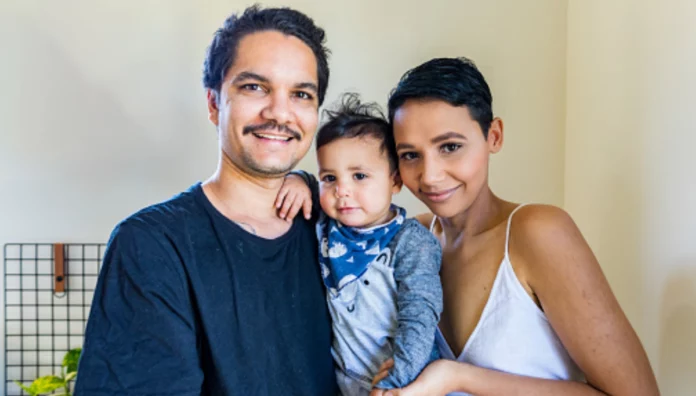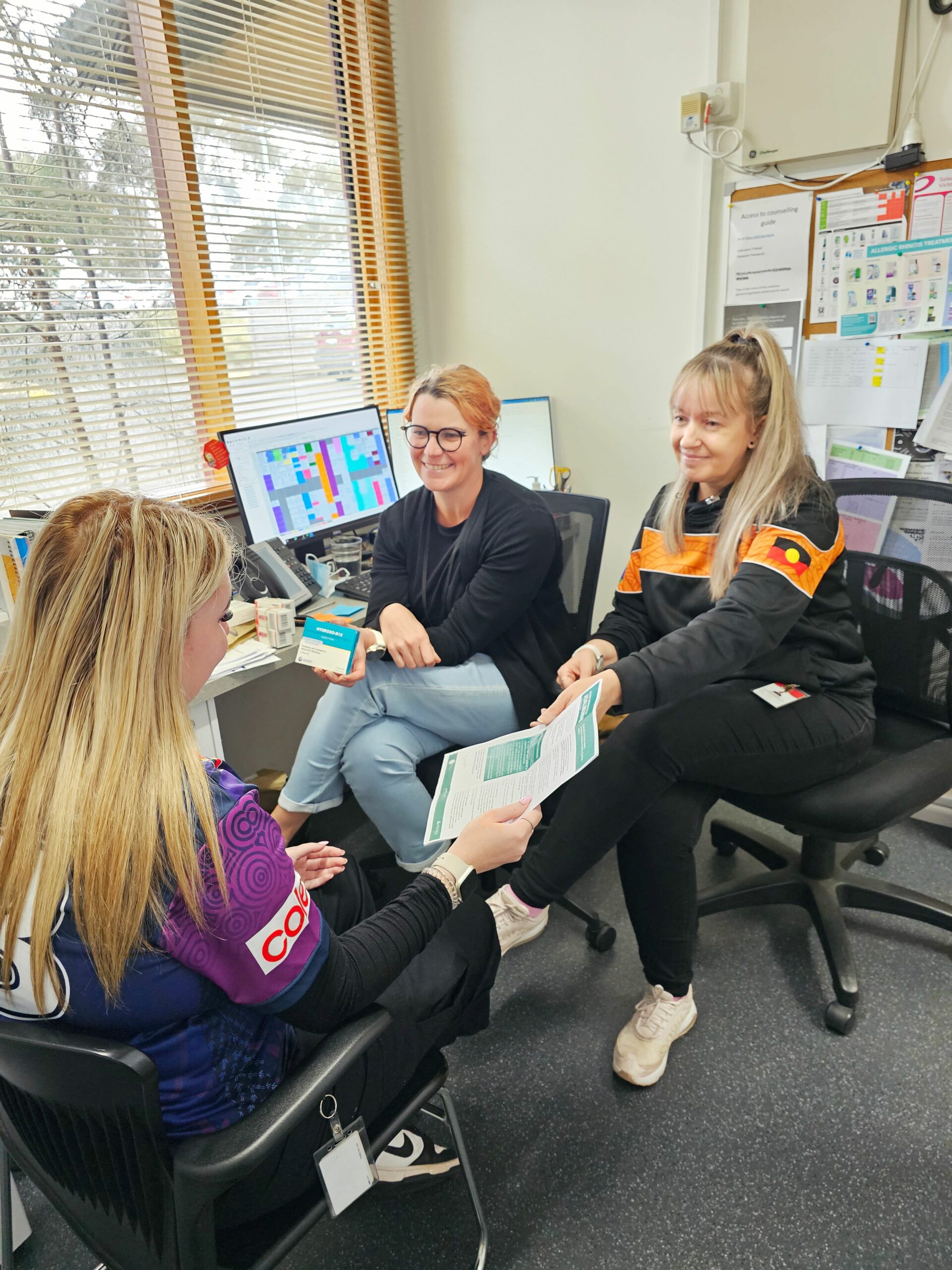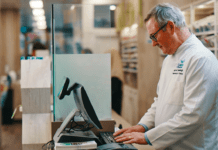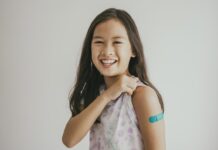With empathy, openness and a listening ear, pharmacists can make a big impact in Aboriginal Health Services — for both community members and staff.
For many Aboriginal and Torres Strait Islander peoples, ‘good health’ is more than just the absence of illness. It is holistic, incorporating physical, social, emotional, cultural and spiritual wellbeing for individuals and their community.1
Recognising this, PSA worked with the National Aboriginal Community Controlled Health Organisation (NACCHO) to develop an Aboriginal and Torres Strait Islander peoples’ healthcare position statement, which promotes culturally safe care and equity of healthcare access as critical drivers to improving health outcomes.
Within the statement, published earlier this year, PSA advocated for the integration of pharmacists within Aboriginal and Torres Strait Islander primary care health services ‘to support the provision of medicines information and pharmaceutical care in a culturally safe and responsive environment’.2
This is a position shared by Australia’s principal medical advisory group, the Medical Services Advisory Committee, which announced its support for funding to embed pharmacists in Aboriginal Health Services in July.
The committee’s support was based on the success of the Integrating Pharmacists within Aboriginal Community Controlled Health Services to Improve Chronic Disease Management (IPAC) study, which integrated pharmacists into 18 Aboriginal Community Controlled Health Organisations (ACCHOs) across Queensland, Victoria and the Northern Territory.3
A collaboration between PSA, James Cook University and NACCHO, the project found that integrating pharmacists ‘significantly improved patient outcomes’. This included improvement in self-reported adherence to medicines, clinically significant improvements in the control of cardiovascular disease (CVD) risk factors, glycaemic control in patients with type 2 diabetes, and reduced risk of chronic disease patients developing CVD.4
AP asked a pharmacist and an Aboriginal Health Practitioner at Wathaurong Aboriginal Co-operative Health Services in Geelong, Victoria, to share how they work together to make a difference in patient’s lives.
Case 1
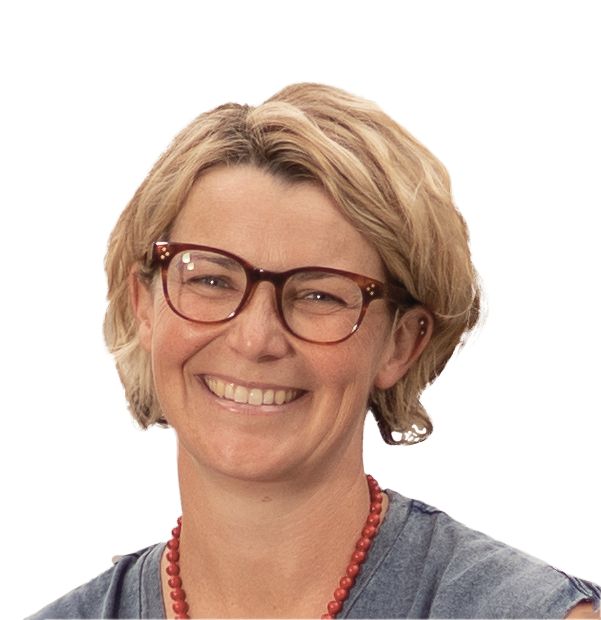
Dr Pene Wood MPS-AACPA PhD, Practice Pharmacist Wathaurong Aboriginal Co-operative Health Servcies, Geelong, Victoria
I started at Wathaurong in 2019 as part of the IPAC project, and when it finished they kept me on. Working in an Aboriginal Health Service is an amazing experience. Don’t get me wrong, it’s not easy, and sometimes I get frustrated that I can’t do more. But you really do feel part of a community – it’s not just about going to work and going home.
We have a great team here and we all support each other. It’s important because we have complex patients who have a lot of needs. Kerrie (Alsop) and I manage patients together. We do home visits and organise case conferences with the wider team, such as the doctor, nurse, physio and psychologist. I focus on the medicines and Kerrie focuses on the social aspects. We come up with solutions for patients and work together to implement them.
If I have an Aboriginal Health Worker or Practitioner with me when doing a Home Medicines Review with a community member I don’t know, Kerrie’s presence helps build trust and rapport.
During a visit to a young guy recently who was struggling with his mental health, I was able to help with the medicine side of things, but the Aboriginal Health Worker with me knew what was going on in the community and connected him with a men’s group.
Kerrie’s care for community is incredible. She’s passionate, understanding and resourceful. Nothing’s too much.
One of the first home visits we did together was for a patient in her 30s living with diabetes, bad pain, mental health issues and blindness. She hadn’t been taking her pain medicine properly, and when we arrived at her home we realised why – the dose administration aid she had been given was too fat and she couldn’t get the medication out.
Kerrie and I got her a dosette box labelled in Braille so she could manage.
I can be bad with interrupting – talking over people and getting excited. I’ve had to learn to listen, to pull back and let people tell their story. It’s so important to know things about your local community, because every area is different.
Don’t be afraid to ask for advice if unsure whether something is culturally appropriate.
Case 2
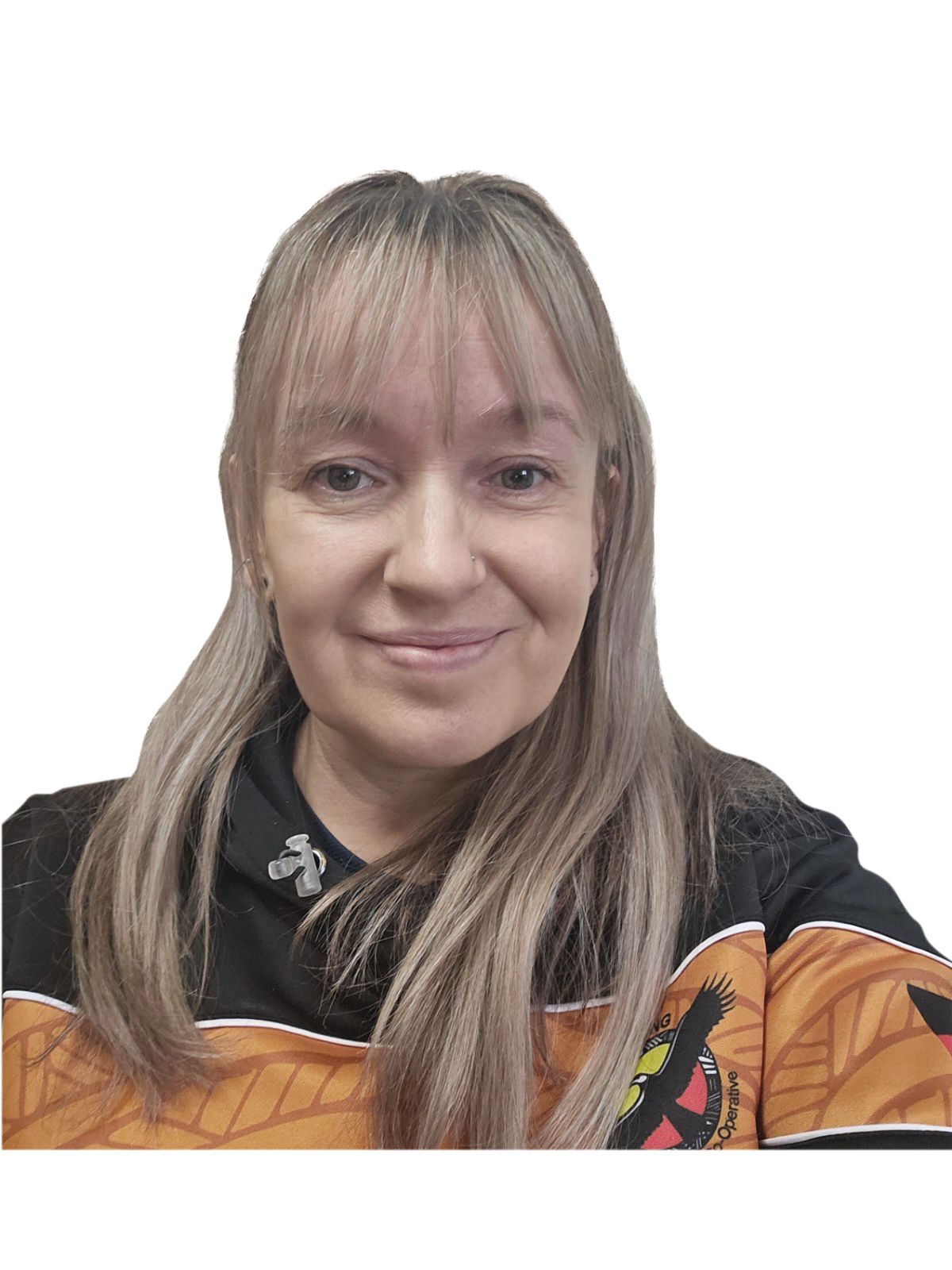 Kerries Alsop, Aboriginal Health Practitioner Wathaurong Aboriginal Co-operative Health Services, Geelong, Victoria
Kerries Alsop, Aboriginal Health Practitioner Wathaurong Aboriginal Co-operative Health Services, Geelong, Victoria
I’ve always been part of Wathaurong, but have been working here for 11 years now.
A pharmacist in our team is invaluable and helps us give better care to the community. If I attend an appointment with a community member and need any information about medicines, I always come back and talk to Pene – particularly in the hospital system, community members can be very unsure about medications. But they know me as part of community, and they feel safe with Pene because she works here, so they feel safer taking the medicine.
I’ve been with people who will downright refuse to take their medication. Then Pene will have a chat and they’ll change their mind – sometimes, anyway!
Pene makes everybody feel like they’re special. It doesn’t matter who they are or what they’ve done – she treats every single person the same. There’s no judgement.
One female we helped was aged 31 with opioid dependence and hepatitis C from a history of heroin use. We organised screening for herself and her partner (who was clear) and co-ordinated a prescription and adminstraiton of long-acting injectable buprenorphine. We also co-ordinated a liver clinic appointment and organised an Epclusa script delivery via a joint outreach visit plus provided advice on its use for hepatitis C.
With regular follow-up to ensure adherence with her treatment regimen and resupply of medicine at 12 weeks, the woman’s hep C was eradicated and she has stabilised on opioid dependence treatment. It’s rewarding and a privilege to be part of the work in community, with community.
Teaching cultural safety
PhD student and Wiradjuri man Alex Burke MPS is on a mission to improve how cultural safety is taught to pharmacy students.
In the first phase of his research, Mr Burke interviewed academics at all of Australia’s pharmacy programs, exploring their views on the cultural safety content currently taught in universities. He is now interviewing community members about what they would like pharmacy students to be taught.
He says most community members believe students should do more placements in rural areas with higher proportions of Aboriginal and Torres Strait Islander peoples or in Aboriginal Community Controlled Health Organisations.
‘We also need to get Aboriginal consumers into the classroom. When I was in third year, we had mental health consumers come in to talk about their experiences. We should do the same thing with Aboriginal and Torres Strait Islander peoples,’ he says.
The next step for Mr Burke is to co-design case studies with Aboriginal and Torres Strait Islander peoples.
‘At the moment, case studies are usually compiled by academics. While none of the information is wrong, it removes the human element – you’re treating a condition not an actual person,’ he says.
Changing the way cultural safety is assessed is also important, Mr Burke says. Of the academics he interviewed, many were in favour of moving away from short answer and multiple-choice questions towards oral assessments and refl ective essays. But Mr Burke believes it should go further than this.
‘Cultural safety is determined by the person receiving care. I think we need to examine students on how well they counsel someone and how well they provide a culturally safe environment for a First Nations person. It’s a long-term goal and something we have to work towards.’
References
- Australian Government Department of Health and Aged Care. Status and determinants of Aboriginal and Torres Strait Islander health. 2021. At: www.health.gov.au/topics/aboriginal-and-torres-strait-islander-health/status-and-determinants
- Pharmaceutical Society of Australia. Aboriginal and Torres Strait Islander peoples’ health care position statement. 2023. At: my.psa.org.au/s/article/Aboriginal-and-Torres-Strait-Islander-peoples-health-care
- National Aboriginal Community Controlled Health Organisation. MSAC support funding pharmacists in First Nations Primary Health Services. 2023. At: www.naccho.org.au/media-release-msac-support-funding-pharmacists-in-first-nations-primary-health-services/
- Couzos S, Smith D, Tremlett M, et al. Integrating Pharmacists within Aboriginal Community Controlled Health Services to improve Chronic Disease Management (IPAC) Project Public Summary. 2021. At: www.msac.gov.au/internet/msac/publishing.nsf/Content/8FBBD6DC1F003721CA25876D0002CEF5/$File/1678%20IPAC%20Public%20Summary.pdf


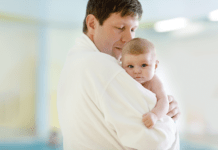
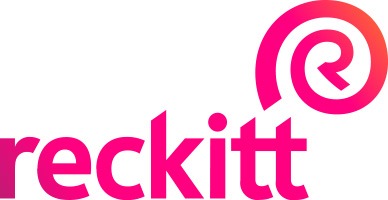 This CPD activity is supported by an unrestricted education grant by Reckitt.[/caption]
This CPD activity is supported by an unrestricted education grant by Reckitt.[/caption]

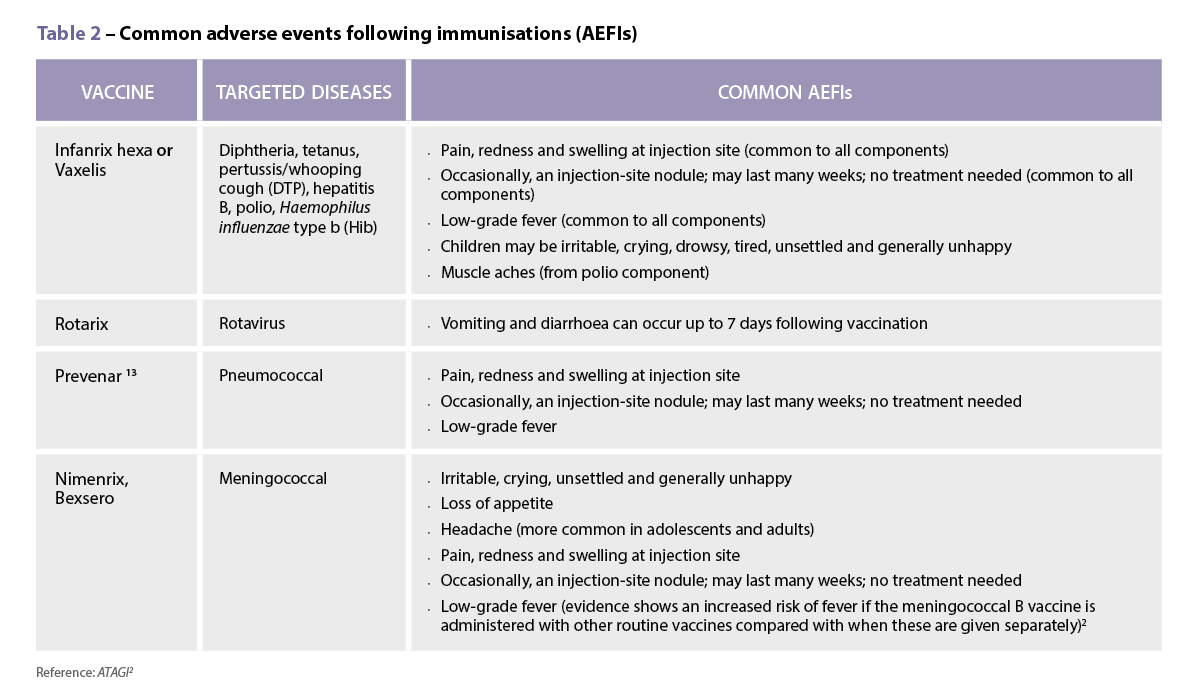
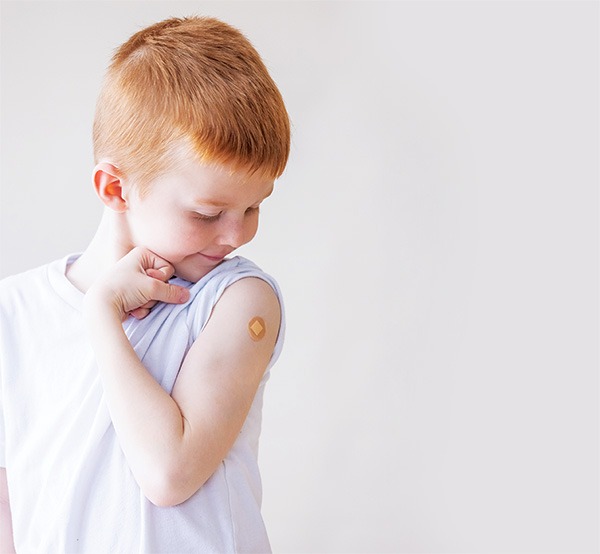
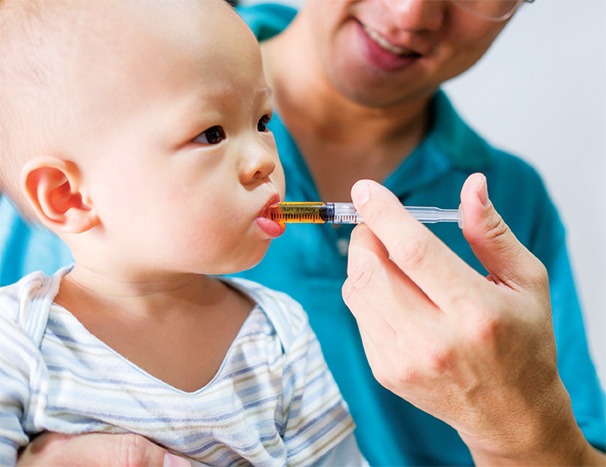

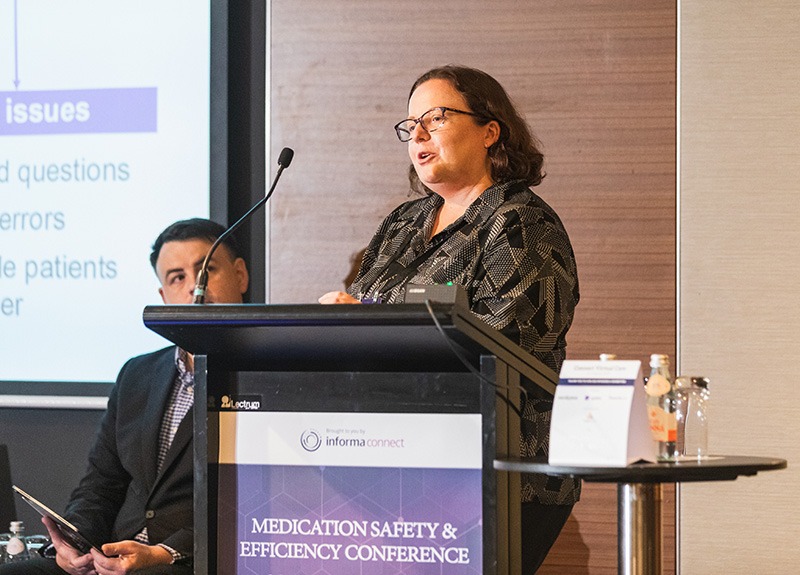 Jess Hadley, community pharmacist and Professional Officer at PDL[/caption]
Jess Hadley, community pharmacist and Professional Officer at PDL[/caption]
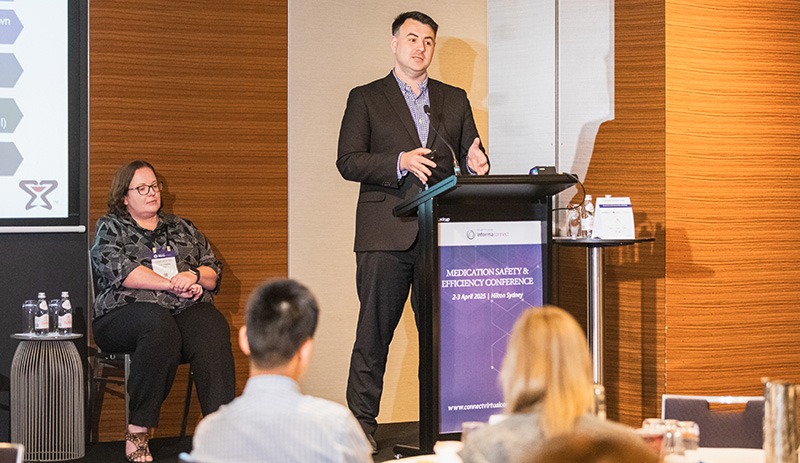 Peter Guthrey, Senior Pharmacist – Strategic Policy at PSA[/caption]
Peter Guthrey, Senior Pharmacist – Strategic Policy at PSA[/caption]
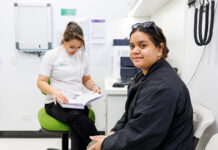

 Professor Margie Danchin[/caption]
Professor Margie Danchin[/caption]

 Dr Peter Tenni[/caption]
Dr Peter Tenni[/caption]
 How should we deprescribe gabapentinoids, according to the Maudsley Deprescribing Guidelines[/caption]
How should we deprescribe gabapentinoids, according to the Maudsley Deprescribing Guidelines[/caption]
